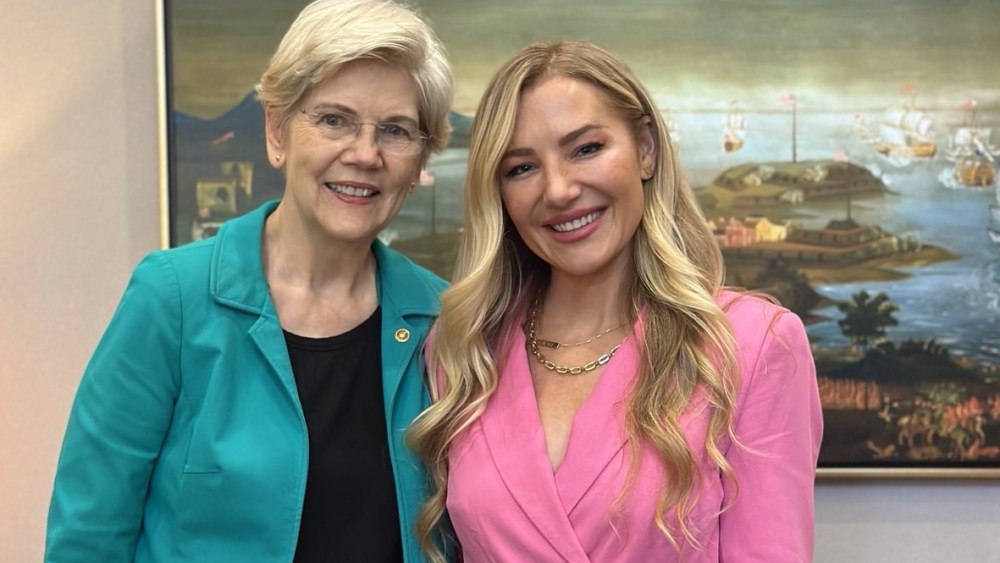VF Corp. is walking a fine financial line — just one step above “junk” status as it seeks to restart sales growth and unload brands to pay back debt.
Standard & Poor’s on Friday cut its credit rating on VF to “BBB-minus” from “BBB.” That left the company in the last tier of the investment grade ratings as it seeks to turn around operations.
Any further downgrade would put VF into speculative or “junk” status, making it more expensive to borrow money.
Stock investors also remain cautious and traded shares of the company down 2.4 percent to $16.65.
The debt downgrade followed third-quarter results that even VF’s new chief executive officer Bracken Darrell described as “terrible.”
Sales fell 16 percent to $3 billion, leading to losses of $42.5 million for the quarter.
S&P said VF’s $6 billion debt load approached five-times its earnings before interest, taxes, depreciation and amortization — just about twice the 2.5-times level Darrell aspires to.
“We believe the company will need to reduce debt almost $4 billion to hit the target,” S&P said. “This implies sizable asset sales, with potential for one or two of VF’s big four brands to be sold.”
That would have Vans, The North Face, Timberland and Dickies all potentially on the chopping block — as well as smaller businesses like the still-buzzy Supreme. VF is in the midst of reviewing its portfolio, but has not said just which brands are set to stay and which are more likely to go.
While selling off brands will strengthen VF’s balance sheet, the process also has risks.
S&P noted in its downgrade: “While this will allow the company to reduce its high debt burden faster, it also reduces its brand diversity and puts more pressure on the remaining underperforming brands to turn around.”
And dichotomy — with one good move causing another ill — has become a theme for VF.
The company went into the pandemic with the air of a savvy brand and supply chain operator, but slipped as it became clear the powerhouse Vans brand was reliant on a fashion trend that simply moved on.
Vans led VF’s declines in the third quarter, with sales dropping 28 percent.
“While we acknowledge VF’s strategic and necessary decision to clean up Vans inventory in the wholesale channel, this will pressure fiscal 2024 results,” S&P said. “In addition, we believe the brand’s waning resonance with consumers will continue to hamper turnaround efforts in fiscal 2025.”
S&P also expects VF to use $880 million of its discretionary cash flow to pay down its debt load this year and next.
“This is prudent because refinancing this debt at higher interest rates will pressure cash flow,” the credit watchdog said. “At this time, we believe VF remains committed to a conservative financial policy and will abstain from mergers and acquisitions and share repurchases with a goal of restoring gross leverage to its target.”



